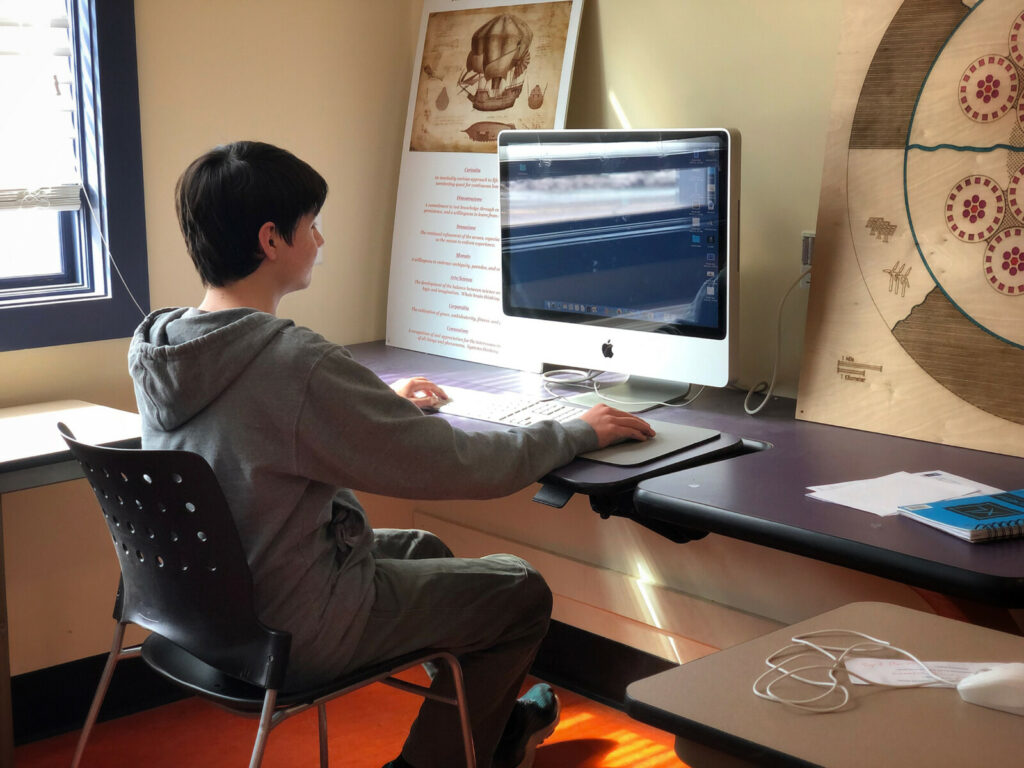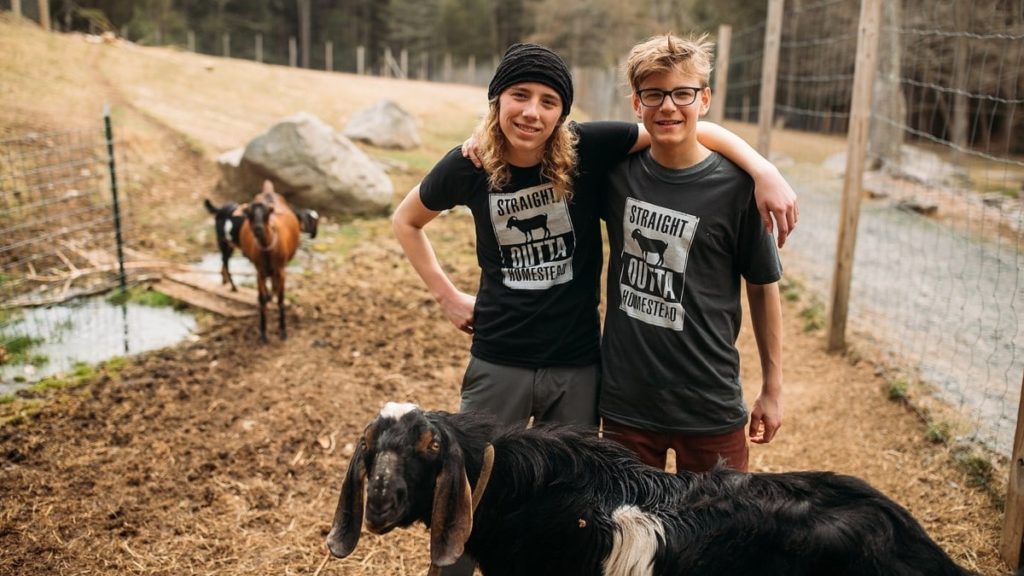Our schedule includes two math tracks using a Common Core-correlated Singapore Math-based program with an option for Regents Algebra. In addition, we extend the work with hands-on materials for solidifying abstract concepts such as integers and algebra. Our science program uses Project-Based Inquiry Science in a two-year rotation of Earth Science and Living Environment.
Applications for the 25-26 school are open. Apply today!


